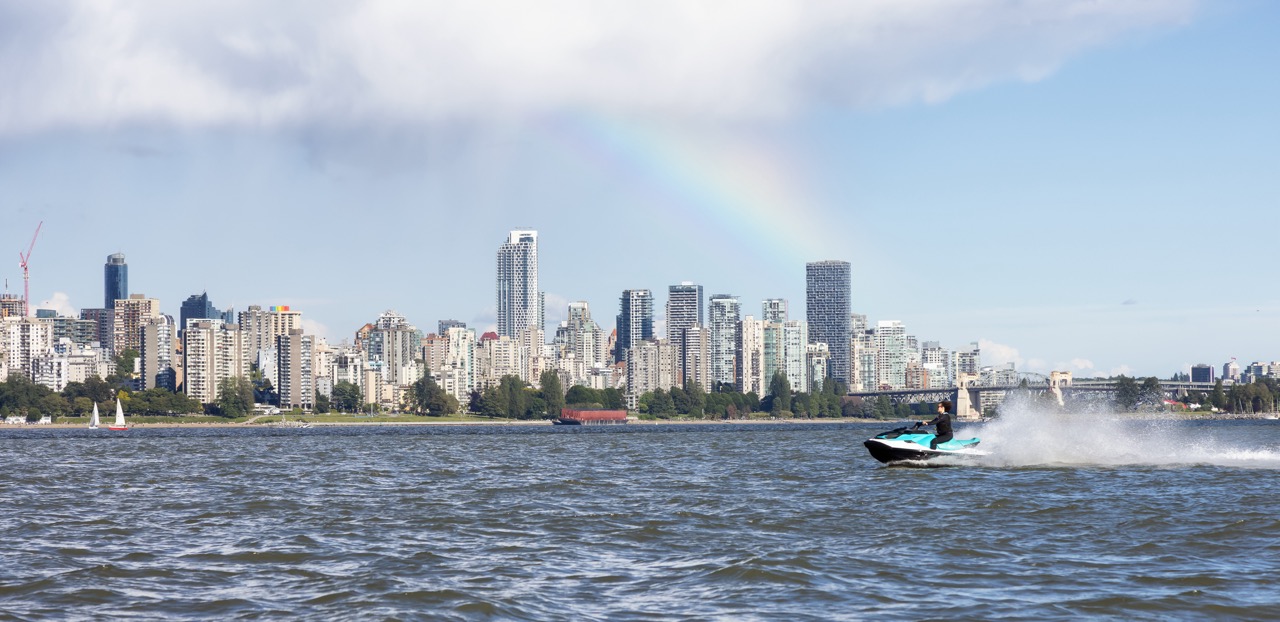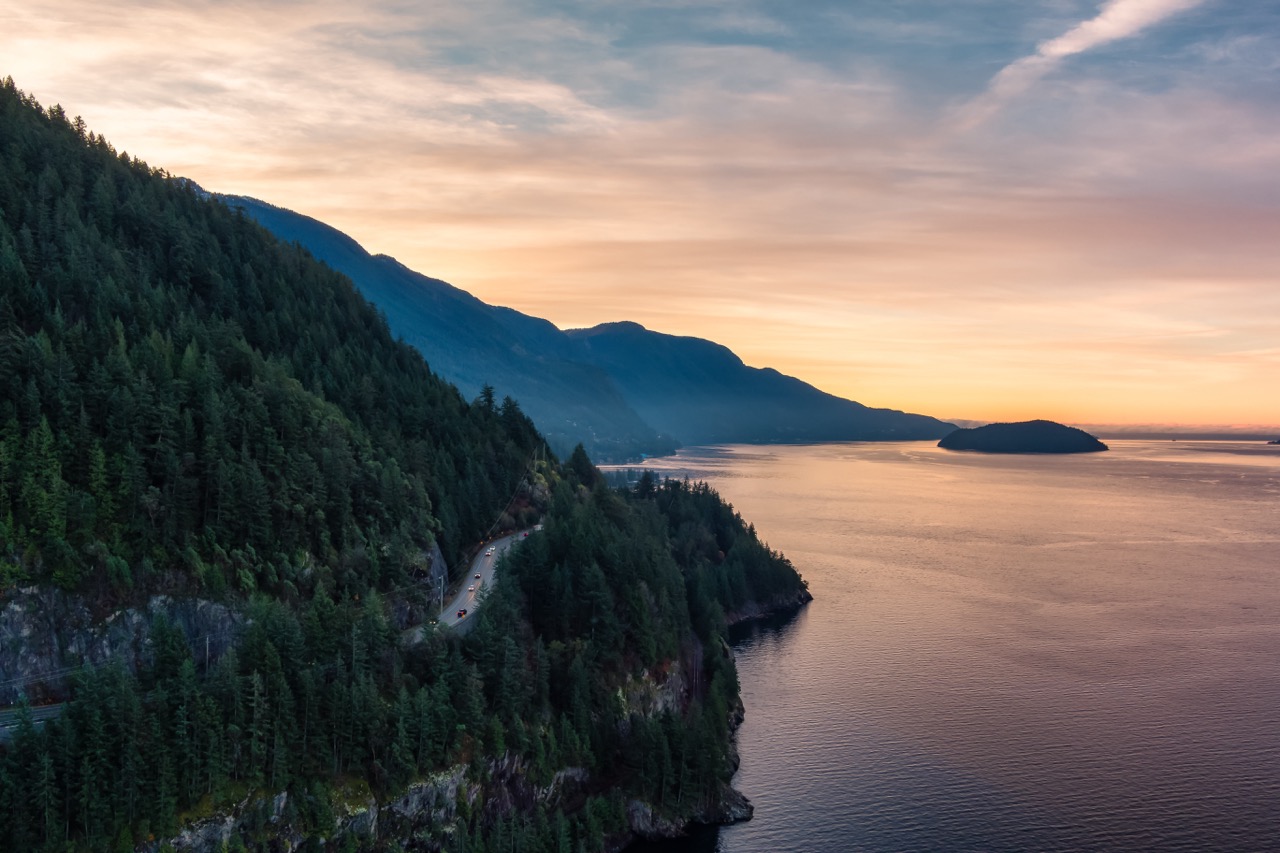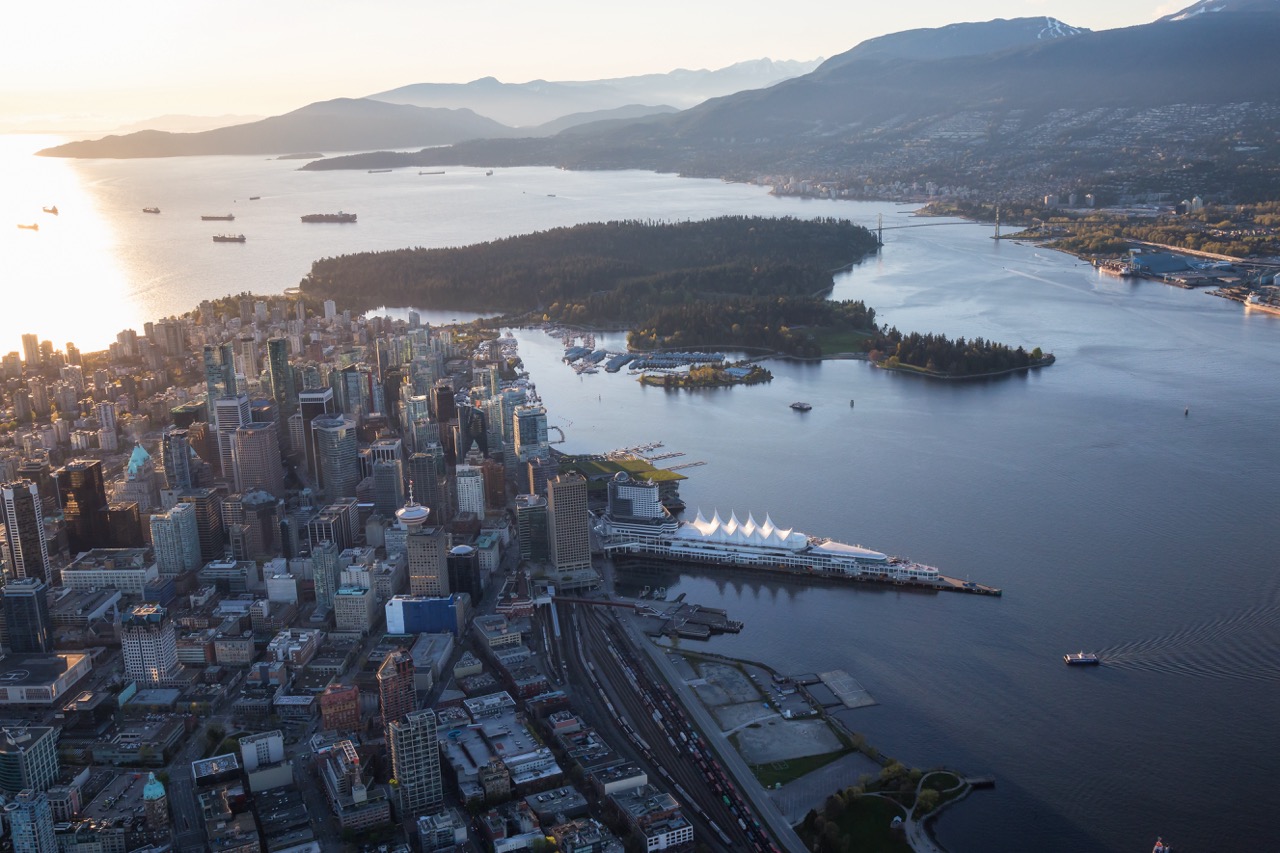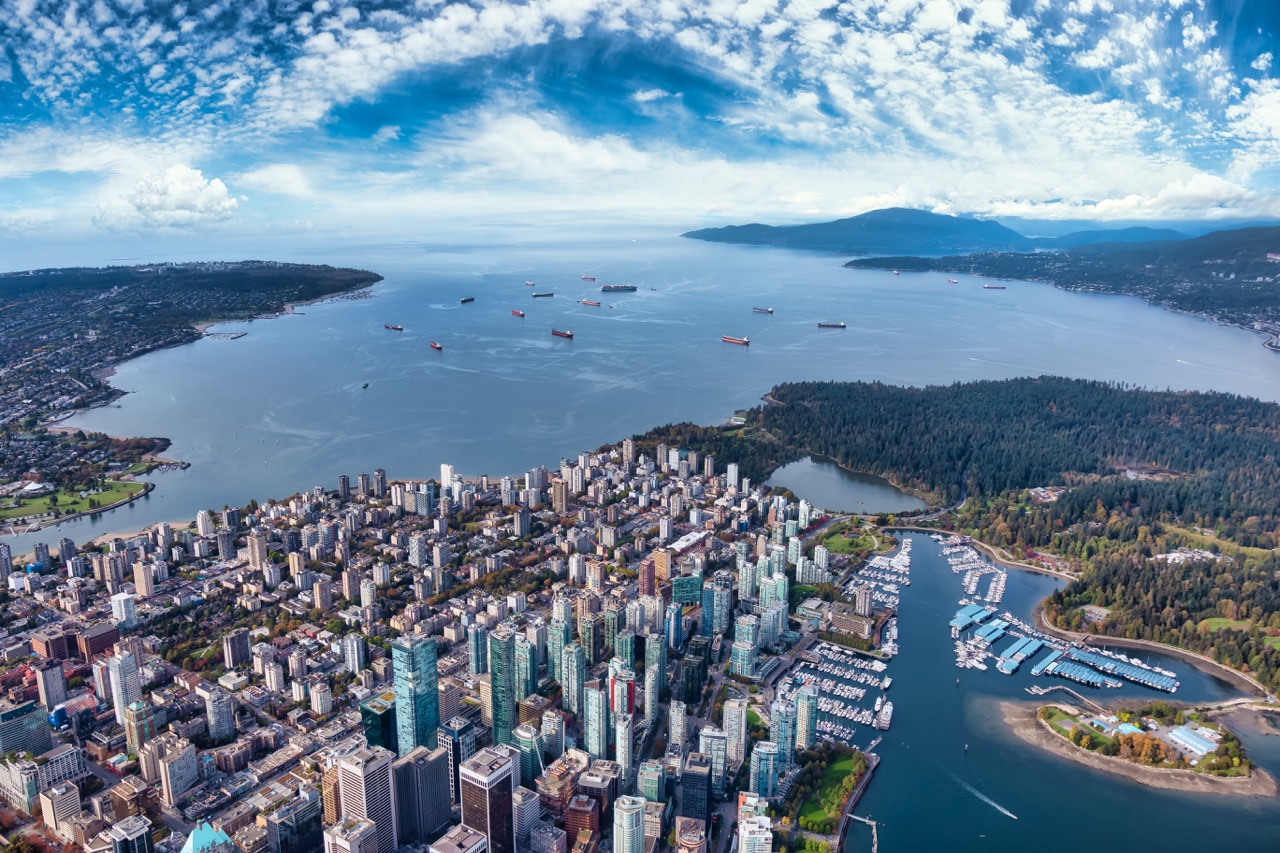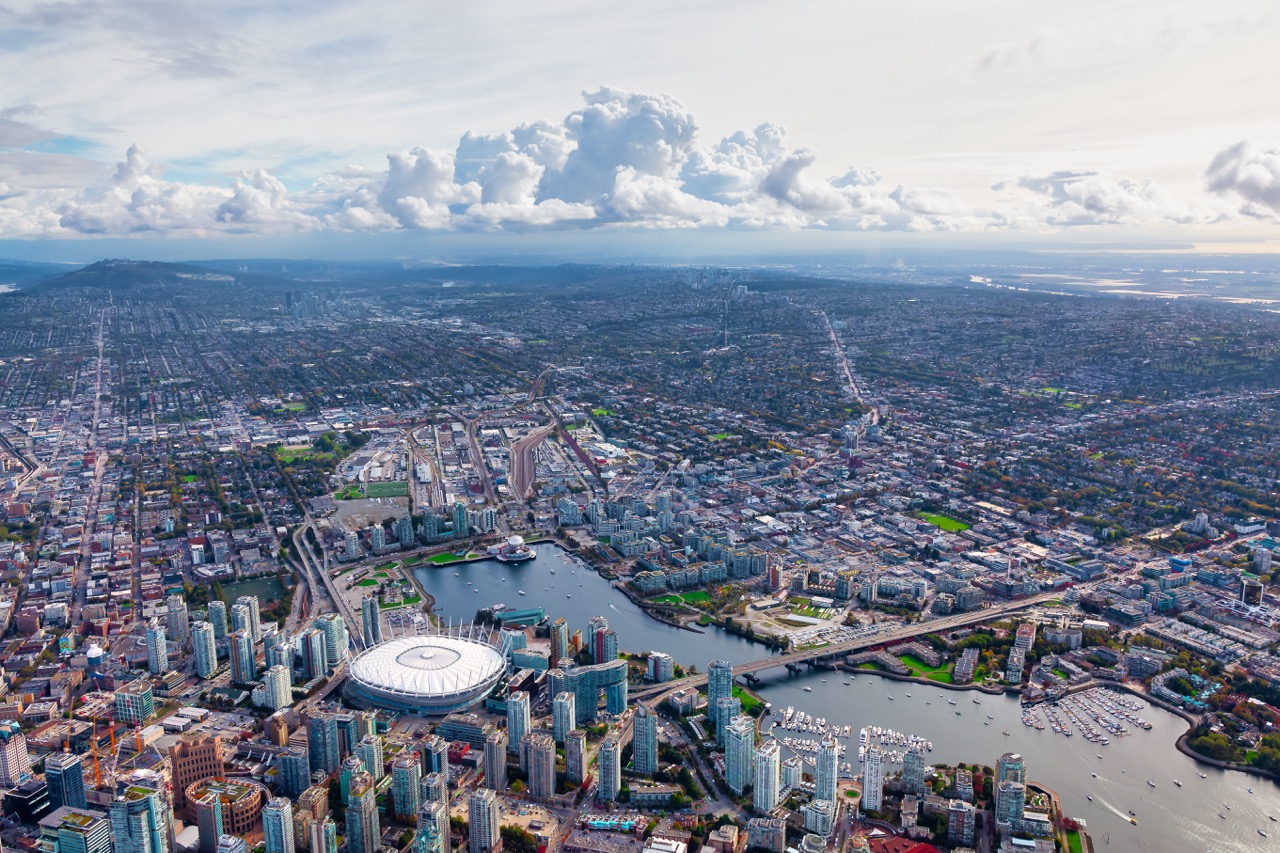British Columbia (BC), a province known for its stunning landscapes and diverse communities, is also a vibrant tapestry of cultural expressions, encapsulated in its numerous festivals and events. These celebrations not only showcase the province’s rich heritage but also foster community spirit and promote tourism. This article delves into the cultural significance of BC’s festivals, highlights annual events, explores seasonal celebrations, honors Indigenous traditions, examines the economic impact of these festivities, and discusses the challenges and opportunities that lie ahead for future festivals.
Exploring the Cultural Significance of BC’s Festivals
Festivals in British Columbia serve as essential platforms for cultural expression, allowing communities to celebrate their unique identities. These events often reflect the historical narratives and contemporary realities of the diverse populations residing in the province. For example, festivals can convey stories about the land, migration, and intercultural dialogue, contributing to a deeper understanding among residents and visitors alike.
Moreover, festivals function as a means of preserving traditions and passing down cultural practices to younger generations. The intricate dances, songs, and crafts showcased during these events not only entertain but also educate attendees about the significance of these cultural elements. Consequently, festivals play a pivotal role in fostering a sense of belonging and continuity within communities, reinforcing the bonds among individuals who share similar heritage.
Finally, the cultural significance of BC’s festivals extends beyond the local communities, drawing visitors from around the world. This global participation highlights the province’s multicultural landscape and creates a platform for intercultural exchanges. By celebrating their distinct heritages, communities enhance the richness of BC’s cultural scene, transforming the province into a vibrant mosaic of traditions that can be appreciated by all.
Annual Events that Showcase British Columbia’s Heritage
British Columbia hosts numerous annual events that serve as vital showcases for the province’s diverse heritage. One notable event is the Vancouver International Film Festival, which highlights the storytelling traditions of both local and global filmmakers. This festival not only provides a stage for artistic expression but also promotes discussions around important social issues and cultural narratives that resonate with audiences across different backgrounds.
Another significant event is the Pacific National Exhibition (PNE), a beloved summer tradition that combines agricultural showcases with entertainment. By celebrating local produce, crafts, and performances, the PNE provides insight into BC’s agricultural roots while also fostering a sense of community pride. Attendees can experience firsthand the diversity of BC’s agricultural landscape, from wineries to farms, while enjoying live performances that reflect the province’s artistic talent.
Furthermore, the Victoria Fringe Festival, known for its emphasis on independent and experimental theater, showcases the vibrant arts scene in BC. This event highlights not only the creativity of local artists but also the importance of grassroots initiatives in enriching the cultural fabric of the province. Through these annual events, BC effectively showcases its heritage and artistic endeavors, attracting both locals and visitors who seek to experience the province’s unique cultural offerings.
Seasonal Celebrations: A Year-Round Festive Calendar
British Columbia’s festive calendar is packed with seasonal celebrations that reflect the changing landscape and cultural traditions of the region. Winter festivities, such as the Vancouver Christmas Market and the Whistler Film Festival, not only celebrate the holiday season but also emphasize the importance of community gathering during the colder months. These events highlight local artisans, seasonal foods, and cultural performances, fostering a sense of warmth and togetherness amidst the winter chill.
As spring arrives, festivals like the Cherry Blossom Festival in Vancouver embody the beauty of renewal and nature’s vibrant colors. This celebration not only honors the arrival of cherry blossoms but also promotes cultural exchange and community engagement through various activities, including traditional Japanese performances. Such seasonal events encourage participation from diverse communities, showcasing the province’s multicultural identity.
Summer brings a plethora of outdoor festivals, such as the Vancouver Folk Music Festival and the Honda Celebration of Light, where music, food, and cultural expressions take center stage. These events not only attract large crowds but also create opportunities for local artists and businesses to thrive. By embracing the changing seasons, BC’s festivals provide residents and visitors with a continuous array of cultural experiences, contributing to the province’s lively atmosphere year-round.
Indigenous Festivals: Honoring Traditions and Communities
Indigenous festivals in British Columbia play a crucial role in honoring the rich cultural heritage of First Nations communities. Events such as the Vancouver Indigenous Fashion Week and the Celebration of Light Indigenous Arts Festival provide platforms for Indigenous artists and storytellers to share their traditions and contemporary expressions. These festivals help to educate the broader public about Indigenous cultures, promoting understanding and respect.
Additionally, Indigenous festivals often serve as gatherings that reinforce community ties and spiritual connections to the land. Participants engage in traditional practices, such as song, dance, and storytelling, which are integral to the cultural identity of Indigenous peoples. By celebrating these customs, festivals create a sense of belonging and pride among Indigenous participants, while also inviting non-Indigenous attendees to learn and appreciate these rich traditions.
Moreover, these festivals often highlight contemporary issues faced by Indigenous communities, using art as a form of activism and awareness. By incorporating themes of reconciliation and sustainability, Indigenous festivals in BC foster dialogue and understanding, encouraging both Indigenous and non-Indigenous peoples to work together towards a more inclusive society. This cultural exchange not only honors the past but also paves the way for a more integrated future.
The Economic Impact of Festivals on BC’s Local Economy
Festivals in British Columbia are not only cultural phenomena but also significant contributors to the local economy. By attracting tourists and residents alike, these events generate substantial revenue for businesses ranging from hospitality to retail. Research indicates that festivals can lead to increased hotel bookings, restaurant patronage, and local shopping, providing a much-needed boost to the economy, especially in smaller communities where such events can be a driving force for economic activity.
Moreover, festivals create employment opportunities, both directly and indirectly. Organizing events requires a variety of skills, leading to job creation in areas such as event planning, security, and hospitality. Additionally, local artisans and performers often benefit from the exposure and sales opportunities provided by these festivals, contributing to the sustainability of local creative industries. This symbiotic relationship between festivals and the economy underscores the importance of supporting such events for long-term economic growth.
However, the economic impact of festivals does not stop at immediate financial gains. The exposure gained through well-publicized events can enhance a community’s reputation as a cultural destination, driving future tourism and investments. By fostering a vibrant festival culture, BC can position itself as a premier location for cultural tourism, ultimately benefiting its local economies while enriching the community’s cultural landscape.
Challenges and Opportunities for Future Festivals in BC
While British Columbia’s festivals thrive on cultural expression and community engagement, they also face various challenges. One significant issue is funding, as many festivals rely on government grants, sponsorships, and ticket sales to sustain their operations. Fluctuating economic conditions can make securing financial support difficult, leading to uncertainty about the future of these events. Additionally, the COVID-19 pandemic has highlighted the vulnerability of festivals, forcing many to adapt or cancel entirely, impacting both organizers and attendees.
Another challenge is the need for inclusivity and representation within festival programming. As BC becomes increasingly diverse, organizers must ensure that festivals reflect the province’s multicultural identity. This involves actively engaging with various cultural groups and ensuring that their voices and traditions are represented. Failure to do so may result in a disconnect between festivals and the communities they aim to serve, ultimately diminishing their relevance and impact.
Despite these challenges, there are ample opportunities for the evolution of festivals in BC. Embracing technology, for instance, can enhance the reach and accessibility of events, allowing for hybrid formats that cater to both in-person and virtual audiences. Furthermore, collaborations between different cultural groups can foster innovative programming that enriches the festival experience. By addressing these challenges and exploring new avenues, BC’s festivals can continue to thrive and adapt to the changing cultural landscape.
British Columbia is home to a vibrant array of festivals and events that reflect its diverse cultural heritage. From annual celebrations that showcase local traditions to Indigenous festivals that honor ancestral practices, these events play a significant role in fostering community spirit and promoting economic growth. As festivals navigate challenges and seize opportunities, they will continue to enrich the cultural landscape of BC, providing residents and visitors with memorable experiences that celebrate the province’s unique identity.

